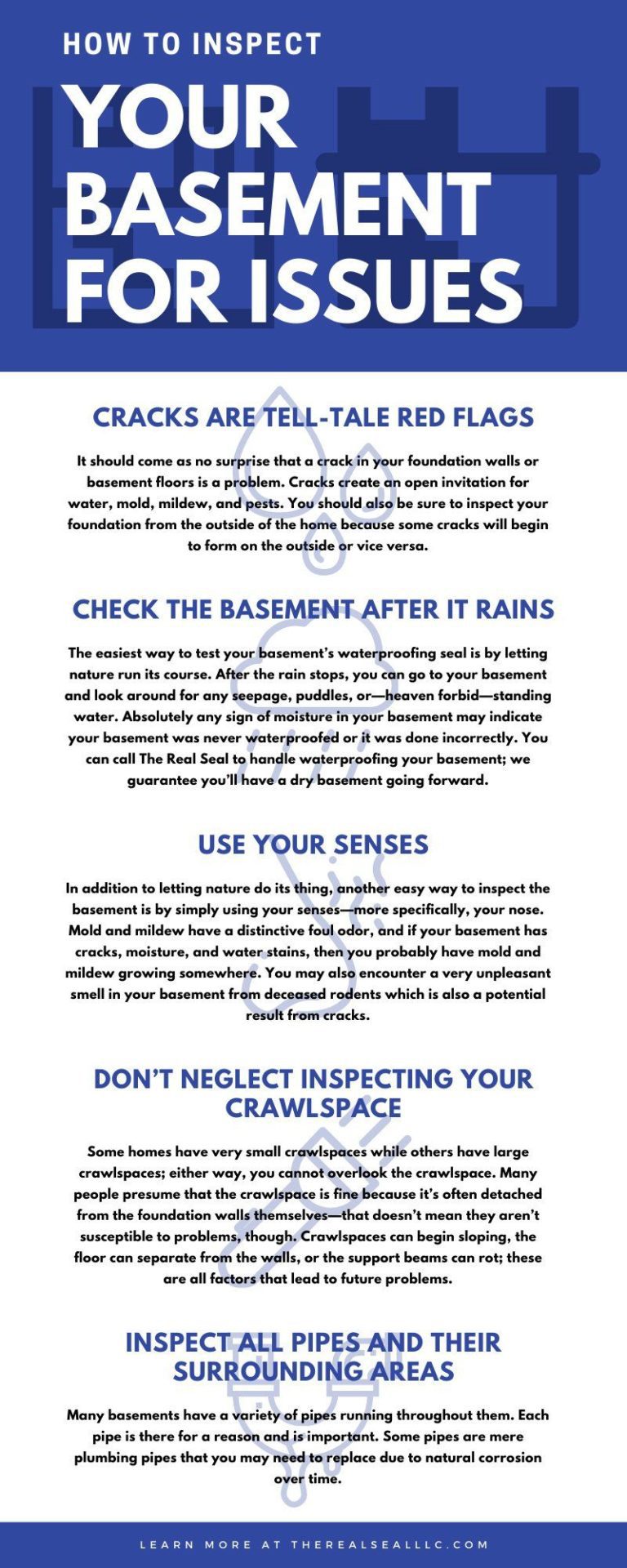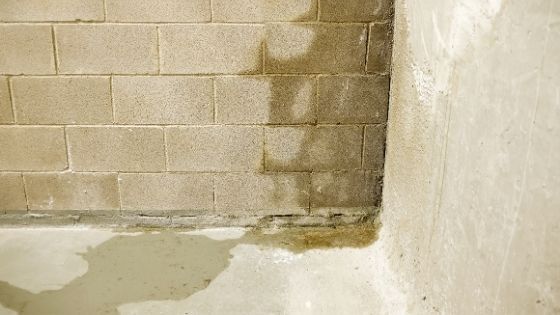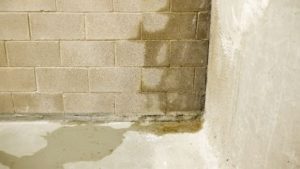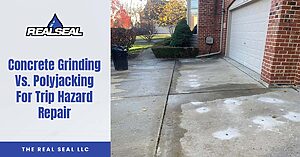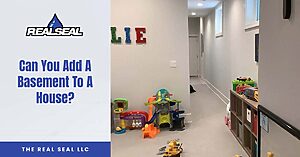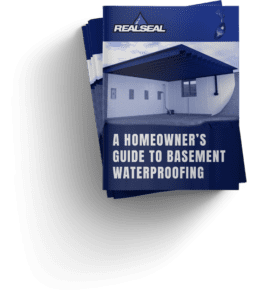Tell us if this sounds familiar: You buy a home with a basement without knowing what to look for in a quality basement. The next thing you know, you’re standing in a flooded basement after the first rainfall. “Buy a home with a basement,” they said. “It’ll be fun,” they said; yeah, not so much. Nobody deserves to have standing water in their basement or any other basement issues. Luckily, we have good news—having a basement is fun. You merely need to know what to look for in a basement—preferably, before buying a home. If you already bought your home, all hope is not lost; you can still learn what to keep an eye out for. Don’t worry, you don’t have to learn how to inspect your basement for issues on your own; we’ve got you covered in our comprehensive guide below.
Cracks Are Tell-Tale Red Flags
It should come as no surprise that a crack in your foundation walls or basement floors is a problem. Cracks create an open invitation for water, mold, mildew, and pests. You should also be sure to inspect your foundation from the outside of the home because some cracks will begin to form on the outside or vice versa. There are three types of cracks that you must keep an eye out for, and some are more serious than others.
The first crack is vertical; it’s the most common and least serious of the three, but make no mistake, you should take every crack seriously. The reason you should take cracks seriously is that, once a crack forms, it only gets larger over time and leads to structural problems. A vertical crack is usually a result of natural concrete tension which is why it’s the most common crack.
The next crack is horizontal. Horizontal cracks are a result of undue water pressure on the foundation. Over time, a horizontal crack will result in the foundation walls bowing which can ultimately lead to the foundation caving in and collapsing. Now, you understand why every crack should be taken seriously. Even if you notice a small crack developing in your basement, it’s better to call a professional immediately and prevent the crack from worsening. Additionally, the repair will be much more affordable if you call someone when the crack is small as opposed to running the length of your wall.
The last crack is what we call a stair-step because it forms the shape of a staircase. Stair-step cracks tell you that your home isn’t settling evenly. There are a number of factors that determine the seriousness of a stair-step crack, including where it forms on the foundation. As with the previously mentioned cracks, it’d be in your best interest to call The Real Seal the moment you notice the crack forming. We’ll determine how serious the crack is and formulate the best plan of action.
Check the Basement After It Rains
The easiest way to test your basement’s waterproofing seal is by letting nature run its course. After the rain stops, you can go to your basement and look around for any seepage, puddles, or—heaven forbid—standing water. Absolutely any sign of moisture in your basement may indicate your basement was never waterproofed or it was done incorrectly. You can call The Real Seal to handle waterproofing your basement; we guarantee you’ll have a dry basement going forward. We know Illinois rain and winters all too well because we grew up here—don’t make the mistake of neglecting your basement. A basement that isn’t waterproofed professionally is a breeding ground for mold, mildew, pests, and structural damage.
Use Your Senses
In addition to letting nature do its thing, another easy way to inspect the basement is by simply using your senses—more specifically, your nose. Mold and mildew have a distinctive foul odor, and if your basement has cracks, moisture, and water stains, then you probably have mold and mildew growing somewhere. You may also encounter a very unpleasant smell in your basement from deceased rodents which is also a potential result from cracks. Many people underestimate the power of their senses, so use them to your advantage when inspecting your basement.
Don’t Neglect Inspecting Your Crawlspace
Some homes have very small crawlspaces while others have large crawlspaces; either way, you cannot overlook the crawlspace. Many people presume that the crawlspace is fine because it’s often detached from the foundation walls themselves—that doesn’t mean they aren’t susceptible to problems, though. Crawlspaces can begin sloping, the floor can separate from the walls, or the support beams can rot; these are all factors that lead to future problems. Luckily, The Real Seal can help you bring your crawlspace back to life.
Inspect All Pipes and Their Surrounding Areas
Many basements have a variety of pipes running throughout them. Each pipe is there for a reason and is important. Some pipes are mere plumbing pipes that you may need to replace due to natural corrosion over time; however, there are other pipes that you should keep a close eye on. Most basements have at least a couple of pipes that run through the foundation walls; unfortunately, many home builders don’t seal these pipes correctly. The typical home contractor would likely slap some concrete or caulk on the wall around the pipe and call it sealed—however, they couldn’t be more wrong. At The Real Seal, we assure the pipe and surrounding area is sealed with the aid of an epoxy that provides a waterproof seal, but we don’t leave it there. We also inject the crack with a polyurethane epoxy to fill the remaining area to guarantee a permanent fix.
As you probably noticed, the process of inspecting your basement for issues is extremely simple. While some basements have other issues that will require a professional opinion, you can identify most of the problems yourself. By knowing what to look for in a basement, you can save your money instead of hiring a basement inspector. Instead, when you do notice a potential problem, you can give us a call.
The Real Seal team consists of people who are nothing short of excellent. With our experienced team, we can provide outstanding basement and foundation services to the Chicagoland area. The best part of all is that we’re just like you—we want integrity. The Real Seal is dedicated to providing honest and quality service; we’re not looking to simply make a quick buck. Instead, we’re here to help you keep your basement dry and your foundation in great shape. Give us a call today if you’d like to set up an appointment or get an estimate.
